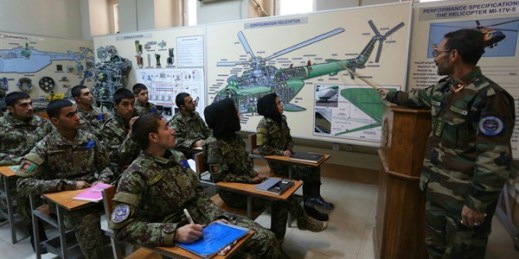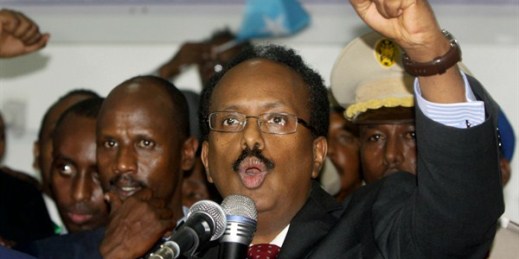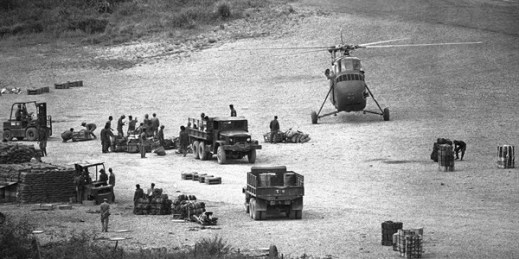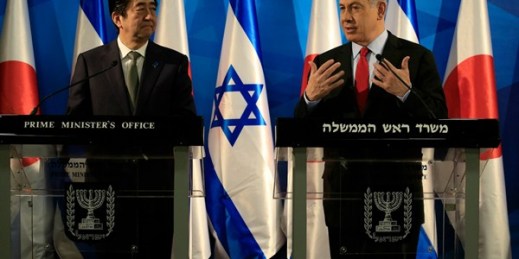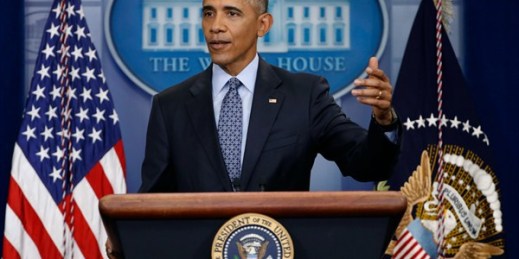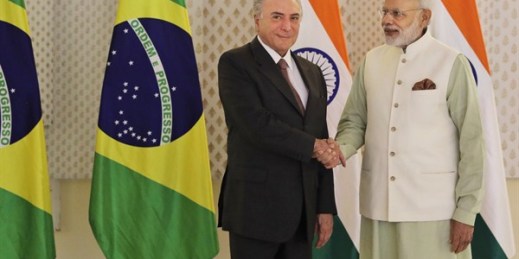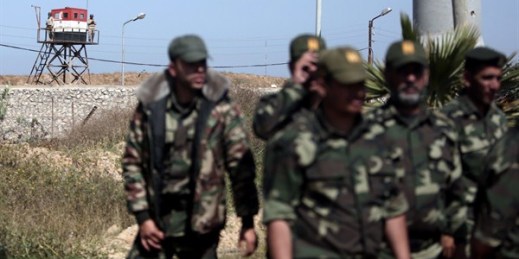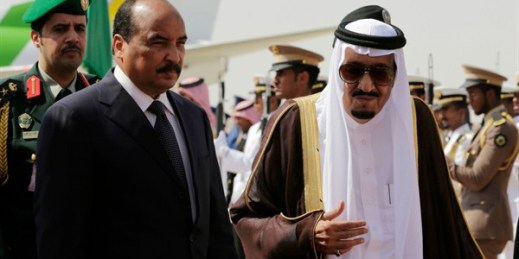
Editor’s note: This article is part of an ongoing WPR series on the status of women’s rights and gender equality in various countries around the world. Russia recently passed a law to reduce the punishment for domestic violence to a fine and a short jail sentence. Though ostensibly an effort to prevent the separation of families over false charges of abuse, the move has been attacked by critics who argue it will lead to impunity for abusers. In an email interview, Ira Kosterina, program coordinator for gender at the Heinrich Böll Stiftung’s Russia office, discusses women’s rights and gender equality […]



